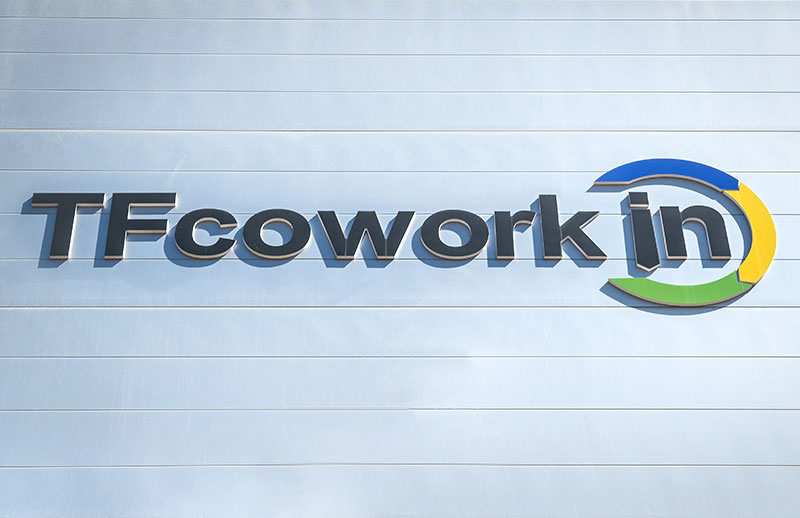
13 Jun Technical Talent and the Lowest Corporate Tax in Europe
The digital economy and information and communications technologies is an essential requirement for creating a forward-looking production model that advances by leaps and bounds, to compete in an increasingly more globalized world.
Having a pool of talent and companies in the STEM ( Science, Technology, Engineering and Mathematics) fields that which is a fundamental aspect for any business. According to Randstad, by 2020, the digital era and new technology-based businesses will have generated over 1 million jobs, mostly for workers with a STEM background. Their analytical skills and ability to calculate, measure, and design algorithms are critical for Big Data projects.
For the Canary Islands, in particular, it is not only crucial to make the tourism industry more competitive and attractive, but also to stand out in sectors such as biotechnology, astrophysics, sustainability, and renewable energy, technology, etc.
In this context, the public technology center, which has venues all over the island, offers over 600,000 square meters dedicated to promoting digital transformation on the island of Tenerife.
Information and Communications Technologies (ICTs)
“The value of information is ephemeral, immediate. It has neither a past nor a future: no place for reflection or reasoned argument” (Scott Lash, 2005)
Information and Communications Technologies (ICTs) have emerged as a critical element in the new digital era in which we are immersed. And these technologies have undoubtedly produced drastic changes in society, politics, and the economy throughout the world.
Tenerife believes that the digital economy and information and communications technologies, as cross-sectional areas, can create new opportunities for expansion and make the region more competitive.
They also offer the possibility of carrying out many different business operations with various national and international territories through digital marketing and production, e-commerce, software development, and applications.
The Lowest Corporate Rate in Europe.
Technology sectors dedicated to Research, Development, and Innovation (R&D+i) are one of the fundamental pillars of the policies of the Government of the Canary Islands.
In addition to its natural features, the Archipelago has various characteristics that offer massive potential for specific sectors to do business.
Although we are already familiar with the attractive advantages the Canary Islands offer as far as the climate—which is unique in all the world—, from a business perspective, we can also highlight the islands’ strategic tricontinental location as a region that is part of the European Union and lies between Africa and Latin America.
Another crucial aspect, as far as promoting ICTs, is the Tax System the Canary Islands offer.
The Canary Islands Economic and Fiscal System (REF) is unique in all of Europe: authorized, transparent, and compatible with EU regulations. The region offers the most advantageous tax system in Europe through the Canary Islands Special Zone (ZEC), which applies a 4% Corporate Tax rate rather than the generally applicable 25%, way below the average for Europe.
ICT: A Tool for Sustainable Development.
Information and Communications Technologies can help promote economic and social development.
Since one of the goals the islands have is to preserve the environment, ICTs play a significant role as tools for sustainable development.
Both the regional government and various public and private institutions in Tenerife are aware that supporting technological innovation is of utmost importance if we are to make the island more competitive compared to the rest of the world. But technology is also key to helping improve the quality of life of its inhabitants and protect its environment. This is more than just an intention; the lines of actions for reaching this goal have already been drawn.
A prime example is the fact that the city of Santa Cruz de Tenerife is the only city in Spain participating in Europe’s IRIS Smart Cities project.
Over the next few years, IRIS Smart Cities aims to implement intelligent and sustainable solutions for energy, electric mobility, and digital innovation.
Similarly, the Tenerife Smart Island project purports to make the island a “smart island” in order to improve the quality of life of its inhabitants by using information technology to ensure sustainable environmental, economic, and social development.

